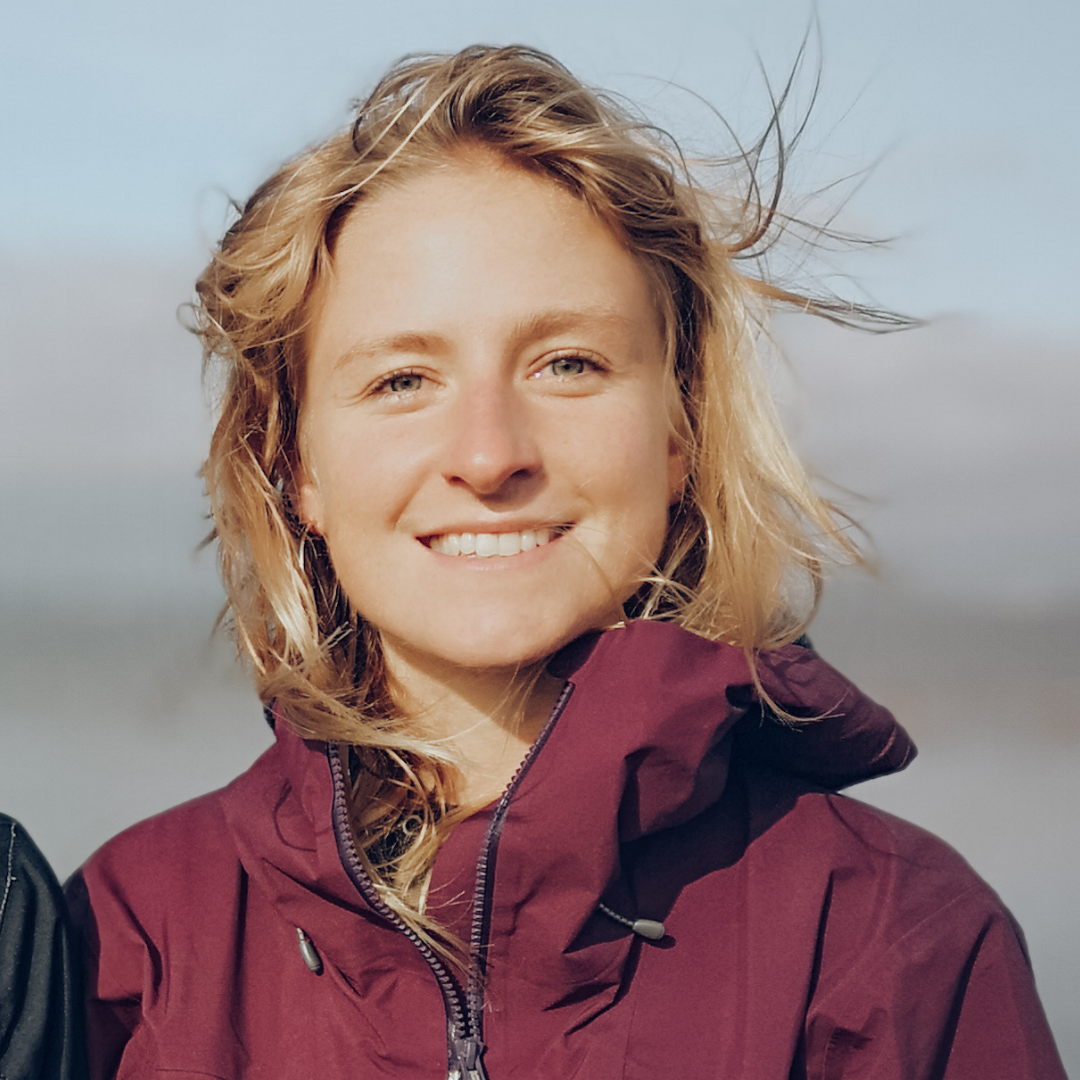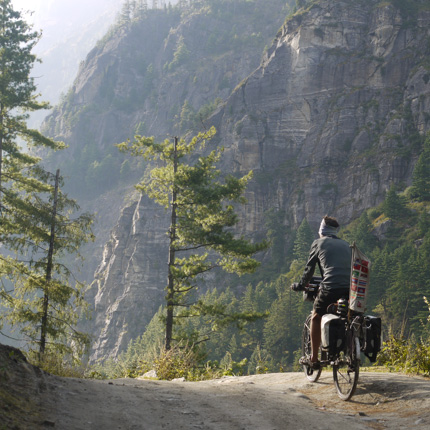
Refusing to draw a line between director, cinematographer, drone-operator, producer and editor, WOOP Productions call themselves “Shreditors”.
Philippe's film 'Sound of Silence - Born Severely Deaf' was chosen as an Official Selection at the Adventure Uncovered Film Festival 2020. We loved it. It choked us up.
So naturally, we thought of him when inviting people to contribute to this month’s Storytellers Edition...
How do you find your stories? How do you choose which to tell?
Listening to others. Talk less and listen more. Don’t look far away for great stories. There are thousands of ’em close by. Just look for it, listen and do something with it.
If a story is worth telling often depends if you are interested in the subject. Or if it touches you personally. I think the best thing is to tell a story that you would like to hear for yourself.
How can we encourage new voices in adventure storytelling and tell those lesser-known tales?
Everybody has a story to tell. It depends if the person wants to tell it and how you tell it. My biggest “aha" moment was when I made the step and became a screenwriter. I had no idea about what the elements of a good story were. And that they all have to be united otherwise the piece won’t work. If you really want to dig deeper into the art of storytelling you have to master the craft. So many films are just boring. They all have the same thing in common… they lack the key elements of a good story. We were lucky with SOS that the story had all those elements (which we were not aware of at that time). That’s why the film seems to work. Today I wouldn’t do it the way I did it back then. But that's also one of the beautiful parts of being a filmmaker. To be able to stay in the game you need to constantly evolve.
"It is the stories we experience every day, that make us the people who we are. We are storytellers in our hearts and want to share these tales by setting them in our own light."
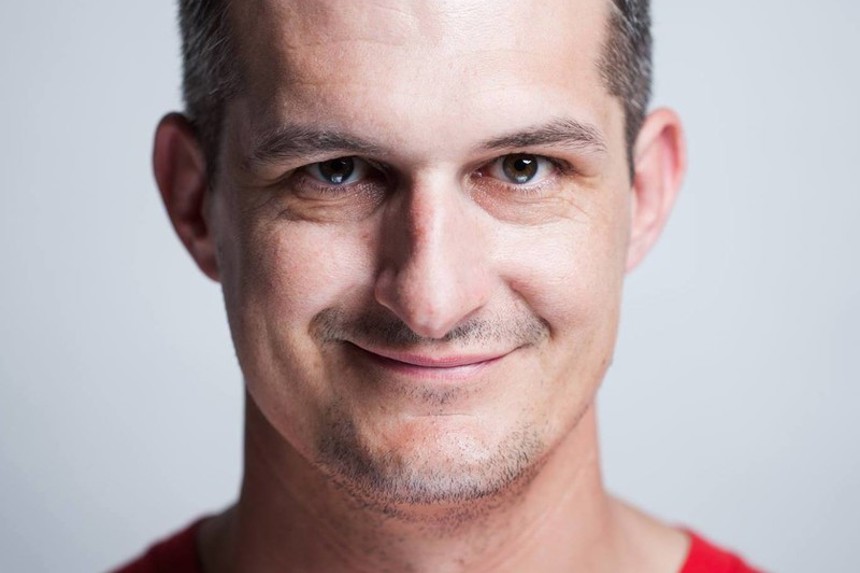
Tell us about an adventure storyteller that's impacted or inspired you?
Keith Partridge and Michael Brown. They teach the Banff Adventure Film Workshop every year. I met Keith on a BBC shooting and asked him how I could improve, he told me that I lack a lot in storytelling. So I went to Canada for the workshop, and that moment started it all.
What advice would you offer an aspiring storyteller?
Don’t give up! Read a lot. Analyse how a well-structured story is constructed. Understand why it works. Know the rules. Master them. And then break 'em.
Tell stories that touch or move you. Don’t run after fame. Run after your passion. If you can make a living by following your passion, that’s one of the greatest gifts you can get. Fail a lot! Fail fast and hard! But don’t make the same mistake twice. I fail so often and hard… it’s embarrassing. But that’s my key mantra: embarrass yourself every day. And own it. I’m really good at embarrassing myself… EVERYDAY!
Philippe and his team on set during the filming of award-winning "Sound of Silence - Born Severely Deaf."
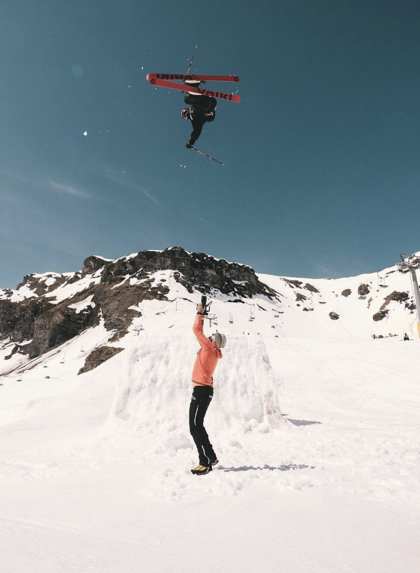
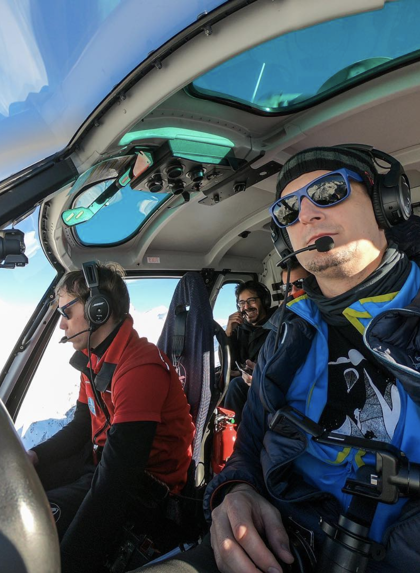
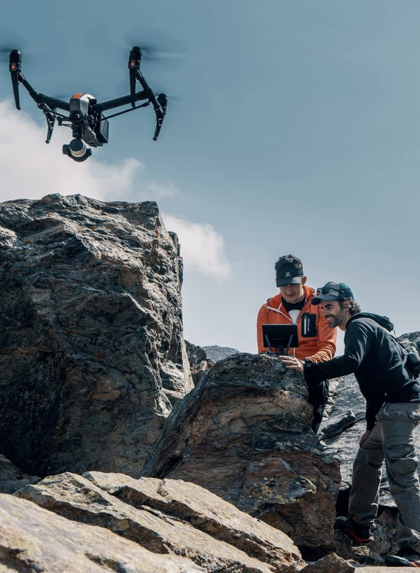
What is one item you find invaluable for storytelling?
A lot of young folks (I wasn’t any better for a very long time) believe that they need the latest gear. The best camera. The newest drone to come up with a great story. It doesn’t matter at all. You can film your story with an iPhone. If it’s good people will be hooked and watch it. It really just doesn’t matter how it’s done. Sure, if you have a great story and nice images to go along then great. But if you have a weak story and think you can hide it with beautiful cinematography, that might work for some (short) time. But it won’t save your film from being great. Our attention span is so short and we are used to gorgeous images all day long. Want to stand out? The 'story' is the answer.
That leads me to another topic. Show don’t tell. To truly understand this you have to understand Alfred Hitchcock. He was one, if not, the greatest in Storytelling. Why? He did not have audio. So he had to show the story in images. That’s real storytelling in a cinematic way. People should use the images to tell the story and the audio to give deepness. Not to explain what’s happening on the screen. It’s easy to speak about it but very hard to accomplish. Even by knowing that I always have to remind myself not to get caught in it.
'People should use the images to tell the story and the audio to give deepness. Not to explain what’s happening on the screen.'

